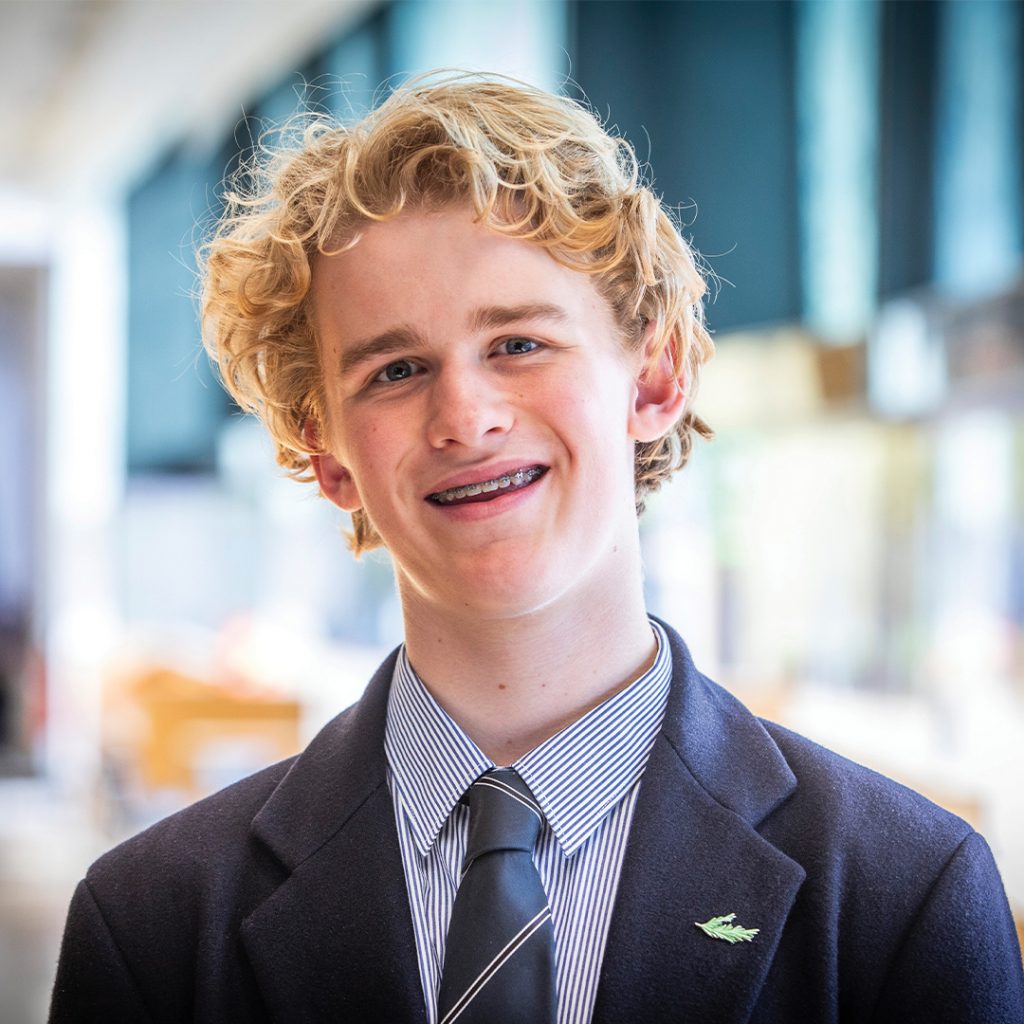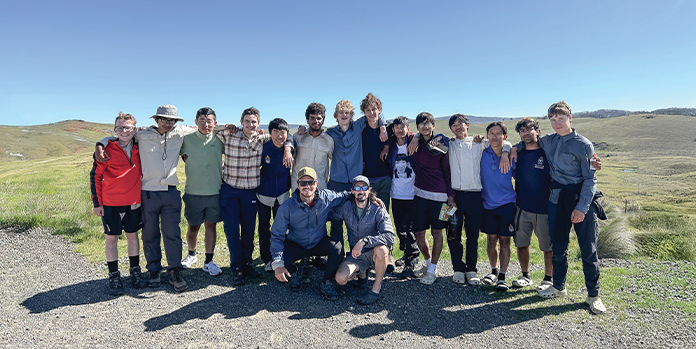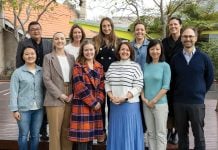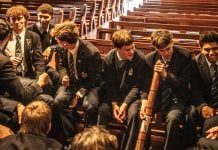Here, Year 11 student, George Stirling, looks back at his 2024 Beyond the Gates experience and reflects on the impact it had on him.
Young people often hear the phrase ‘rite of passage’ thrown around. Most people assume that this simply refers to a moment of forced independence: a first bicycle ride alone, getting one’s L plates, or backpacking around Europe in a gap year. For those of us at Melbourne Grammar, however, one of the main rites of passage is the three-week adventure known as Beyond the Gates (BTG) which occurs in Year 10.
For something to be considered a rite of passage, French anthropologist Arnold van Gennep remarks that the experience must involve three distinct stages. The first is the journey into a “liminal zone”, a space away from normal social rules and relationships. The second is initiation into new knowledge in that liminal zone, including overcoming challenges posed by the strange environment. And the third is re-emersion back into society with new insights and status garnered from the experience.
From the moment we passed through the Reverend’s smoke and incense at our farewell ceremony, our rite of passage commenced. As I boarded that bus, with a crisp new shirt and still clean boots, I could not help but wonder if I would return transformed by my experience and, crucially, whether the lessons of the rite of passage would remain with me as I slunk back into my daily habitudes.
Moving through the stages
Beyond the Gates was different in 2024. An update from the old program saw BTG shift from a Mount Kosciusko expedition to four separate locations across three states and territories from which we could choose. My group’s destination was the bush just south of Canberra, overrun with huge eucalypt trees and copperhead snakes. In the days before the trip, I was unambiguously nervous. Eight pairs of underwear for three weeks of camping was incomprehensible! Fitting everything into a backpack for those three weeks was just as baffling.
The most sensible piece of advice I received in those early days was not to focus on what we had left, or what was to come. People who spend every moment of BTG thinking about comforts back in Melbourne or challenges lying ahead, do not utilise the time away to its fullest. By staying present in the moment, I was able to cherish every moment.
The time when I felt that I had truly ‘transitioned’ into my new daily routine was during the solo. The solo is two nights away from the rest of the group with limited food and only a tarpaulin for cover. A liminal zone, indeed.
Solo was difficult but it helped our group develop the perseverance to see the camp through. Even through days of unrelenting rain, snakes jumping about the grasslands and a sunrise wakeup, we never grumbled. We found ways to overcome these inevitable difficulties by playing card games or cooking Ramen noodles under the tarp, happily acclimatised to life among the bats and bull ants. I didn’t think twice about rolling and unrolling my sleeping mat each morning, and there was nothing I needed that couldn’t fit in my backpack.
What did I learn?
BTG and our rite of passage finally concluded when our bus rolled into Bromby Street on Monday evening three weeks later. We were undoubtedly fitter and stronger than we had ever been, and so happy to see our families and a meal without freeze-dried hummus or chickpeas.
As we re-adjusted back into life at school and home, knowledge garnered from the experience remained. I remembered all the mantras that encouraged me to keep putting one foot in front of the other up every hill. I had learned to overcome abrupt changes in plan, to be more tolerant under stress, and to manage discomfort without so much complaint. I now knew that there is nothing more peaceful than the silence before dawn, and that a laugh can cure anything.
Perhaps the most surprising aspect of my return to Melbourne is that lessons I learned in the bush have continued to influence my daily routine. Although I could not long abstain from the allurement of technology and social media, and I have not yet found an appropriate application of a bowline knot, I have found myself being more grateful for small aspects of daily life; walking around St Kilda with my family, being able to practise my violin, or hug my brother.
And while the resonance of this new status has dulled slightly since BTG, I cannot reflect on the things I once took for granted without remembering the three weeks I spent without them. Therefore, although it had been difficult, I had completed my rite of passage and learned more about myself along the way.




